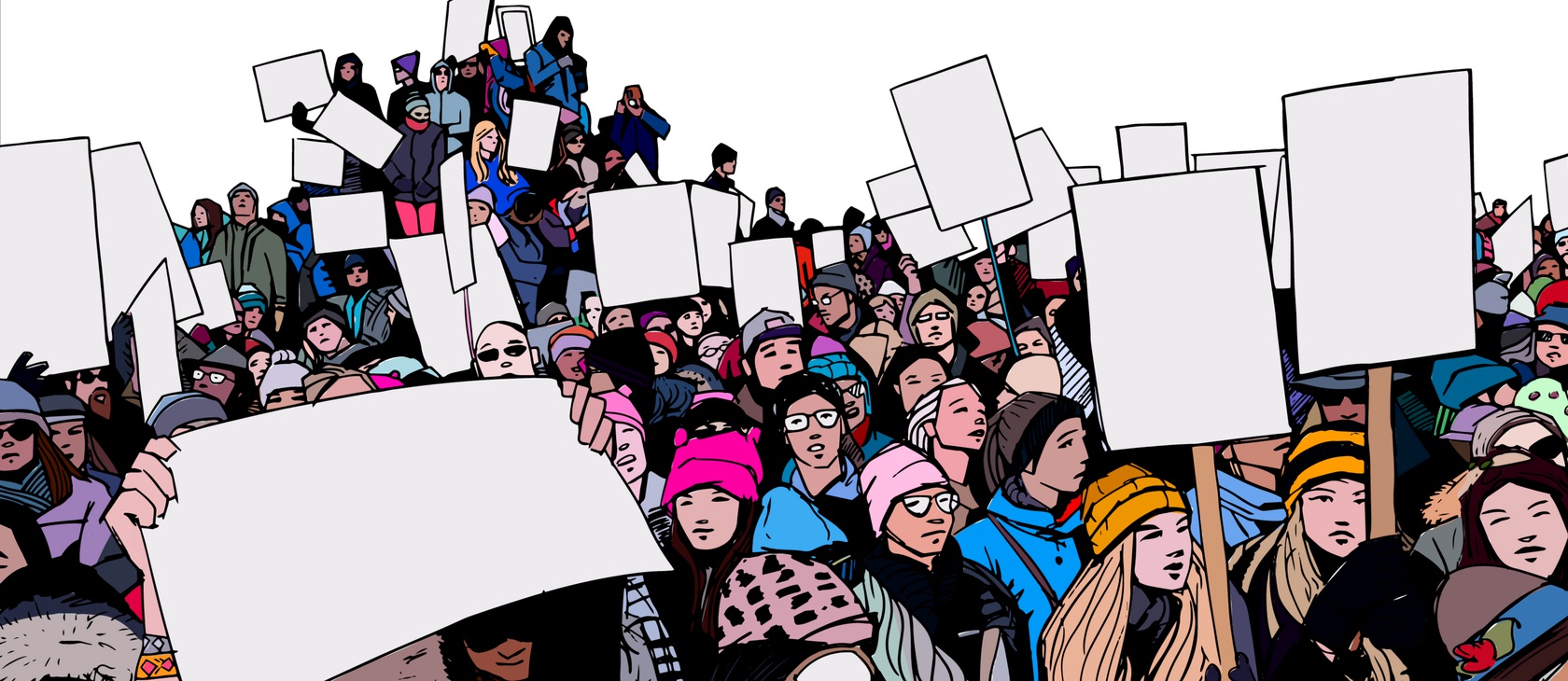Writing in 2013, Moisés Naím, formerly executive director of the World Bank and currently at the Carnegie Endowment for International Peace, decried the increasing impotency of elites to lead in a fractured and fractious global public square. Naím’s concerns were voiced before the most recent surge in populist movements around the world, from Brexit to Trump’s victory in America.
As Naím put it, “Insurgents, fringe political parties, innovative startups, hackers, loosely organized activists, upstart citizen media, leaderless young people in city squares, and charismatic individuals who seem to have ‘come from nowhere’ are shaking up the old order. Not all are savory; but each is contributing to the decay of power of the navies and police forces, television networks, traditional political parties, and large banks.” In one sense Naím’s observations were prescient and foreshadowed the localist, nationalist, and populist strains of the last year or so.
But in another sense, Naím’s analysis is only half of the story. What Naím laments is the resulting “end of power,” as the title of his book casts it, in which political, educational, and bureaucratic elites no longer are able to exercise the influence and leadership necessary to good governance in a complex and complicated world. At the same time that in Naím’s account power seems to be flowing downward, to “micropowers,” as he calls them, a corresponding shift is occurring that continues to concentrate power upwards, in so-called “megapowers.”
As power flows out from the middle in both directions, the basic features of a free and virtuous society are lost.
This is the central dynamic of inequality: it isn’t just that the elites have more and more power while the rest of us are increasingly powerless. Instead, the perceived impotence of the majority holds within itself a latent power to call forth a new leader, a new guard, a new order to protect and promote its interests. This is why populist movements, which rely so much on majoritarian social support, are so often connected with particular figureheads and strongmen. The leader and the masses go together.
What is really left behind in such a scenario isn’t the dynamic of elites and those they lead. The power is still there, but the relationship of leader to those led changes. In times of extreme inequality, power flows upward and downward, to the elites and simultaneously to the lower classes. At the same time power is evacuated from the middle. There will always be an aristocracy and plebs of some sort or another. What is tenuous and historically contingent is the middle class and the values, virtues, and social order it represents.
Almost every account that describes modern inequality trades on a basic dichotomy of some sort: between the ruling class and the ruled; the elites and the lowbrow; the 1% and the left behind; red states and blues states; the coasts and flyover country; city mouse and country mouse; the West and the rest. In Charles Murray’s description, the distinction is between Belmont and Fishtown. For Nicholas Eberstadt, it’s between the makers and the takers. For Tyler Cowen, it’s between the talented and the talentless.
As power flows out from the middle in both directions, the basic features of a free and virtuous society are lost. The foundations of civil society wither. The sustaining virtues of a flourishing society become scarce. In a hyper-stylized celebrity culture and hyper-partisan political community, the quiet practices of fidelity, prudence, and thrift are drowned out by bling and #winning.
All this is in sharp contrast to the true inheritance of the American system, one of middle-class and bourgeois virtues. It is easy to see why winning elections, sports championships, and Academy awards is attractive. It is also easy to feel compassion for the oppressed and the downtrodden. But few, if any, will speak out in praise of mediocrity, stability, and predictability.
"...the success of democratic capitalism in producing prosperity and liberty is its own greatest danger..."
The great social philosopher Michael Novak once observed that this was a great danger endemic to the system of democratic capitalism. “In one of the choice ironies of intellectual history,” writes Novak, “many great scholars and artists of the first rank, themselves children of the middle class, celebrated the virtues of aristocracy in preference to those of their own class.” That’s another way of saying they forgot where they came from and how they got where they did. And this is something America is in danger of doing as well. Lost in all this is the social necessity of those bourgeois virtues of thrift, honesty, diligence, and prudence, which when pursued in the midst of a just social order ought to allow for more dynamic socio-economic opportunity.
Thus, observes Novak, “the success of democratic capitalism in producing prosperity and liberty is its own greatest danger. The virtues required to ‘increase the wealth of nations’ are less easily observed once wealth is attained. Parents brought up under poverty do not know how to bring up children under affluence.” As we have gotten wealthier, we have gotten more worldly, and our politics reflects that worldliness. When wealth seems to cover a multitude of problems, the discord over distribution and redistribution of material goods shifts into a higher key. And all the while the solutions offered by eating, drinking, and making merry may meet our bodily needs, but they leave us morally bereft and spiritually adrift.
The challenges we face today are not primarily political or policy-related. The political and social crises of our times are rooted in moral and spiritual malaise. And it is on resources in these realms that we must find our aid. Let us hope that we still have eyes to see them and ears to hear them.




